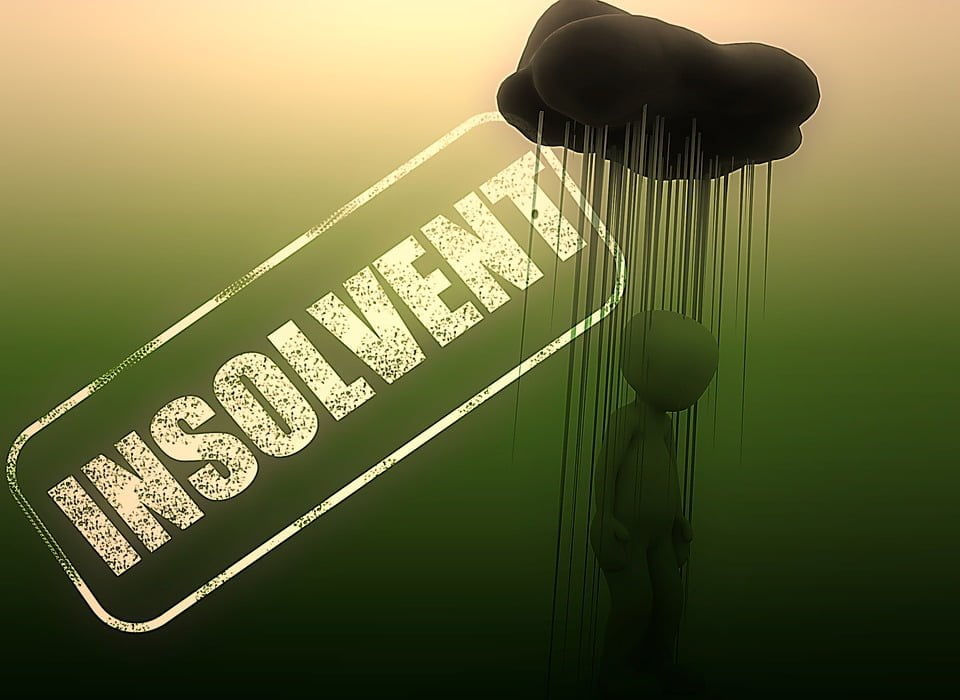What an Insolvency Practitioner can do for you
by Mashum Mollah Investing 24 March 2018

If you are dealing with debt and considering an IVA as a solution for debt management, you need to get in touch with an insolvency practitioner. They serve the purpose of working as intermediaries between their clients and their creditors and make sure the IVA terms are adhered to.
Training and Regulation
An IP is licensed and has the authority to act in regards to insolvency procedures on an individual or corporate basis.
- IPs typically have a legal or accountancy background.
- Upon qualification, an IP is subject to oversight and inspection by the relevant professional body.
- An IP continues to learn throughout their career and undergoes an annual review in relation to their authorization.
- An IP must be licensed and should have passed insolvency examinations, gained insolvency work experience and satisfied the regulator or authorizing organization that they are proper and fit to serve as an IP.
- IPs are required to follow the law and regulators monitor their work to ensure that they do. Monitoring license holders are essential for making sure they are fit to conduct insolvency work.
Personal and Corporate Insolvency
- IPs typically focus on personal or corporate insolvency.
- Corporate insolvency handles company debt problems. The key function is to save the business. However, when this is not possible, an IP’s objective is to close the business, liquidate company assets, gather money that is due to the company, agree to claims and distribute money equally to creditors while acting to serve the best interests of the creditors.
- An insolvency practitioner who deals with personal insolvency has the responsibility of ensuring that IVA terms are being met and all creditors receive a share of the monthly repayment. It also involves issues such as deeds of arrangement, administrations, trust deeds and bankruptcy.
Duties and Responsibilities
- IPs are hired to deal with difficult situations. The work of an IP involves handling several competing interests but the main duty is usually to take care of the creditor’s interests.
- While creditors can provide details of claims, an IP does not agree to the claims unless they are certain about the availability of funds. In some situations, the IP gives advice to the debtor immediately before the insolvency process formally begins.
- A licensed IP can advise on and agree to appointments in all solvency procedures that include individual voluntary arrangements, bankruptcy, receiverships, administration, company voluntary arrangement and liquidations.
Bankruptcy
Personal insolvency proceedings occur when people are unable to pay debts. Most of their property is taken away such as a house and other valuable items. Money collected from selling the belongings is shared among the creditors.
Read also: Legal Considerations When You Have To Apply For Business Bankruptcy
Liquidation
Liquidation is a procedure that involves the IP collecting assets, selling them and using the money to pay creditors in a specified order.
Administration
Administration is a procedure that enables an IP to act as the administrator and try to rescue a business or company or dispose of assets to repay the creditors what they are owed.
Voluntary Arrangement
Voluntary arrangement allows people who owe money to enter into arrangements with the people they owe to repay a percentage or all of the debts. The IP acts as a supervisor and ensures the agreed terms are met.
Receivership
Receivership recovers money that has been lent to a company and places the business in the IP’s hands. The IP acts as an administrative receiver or receiver.







































































































